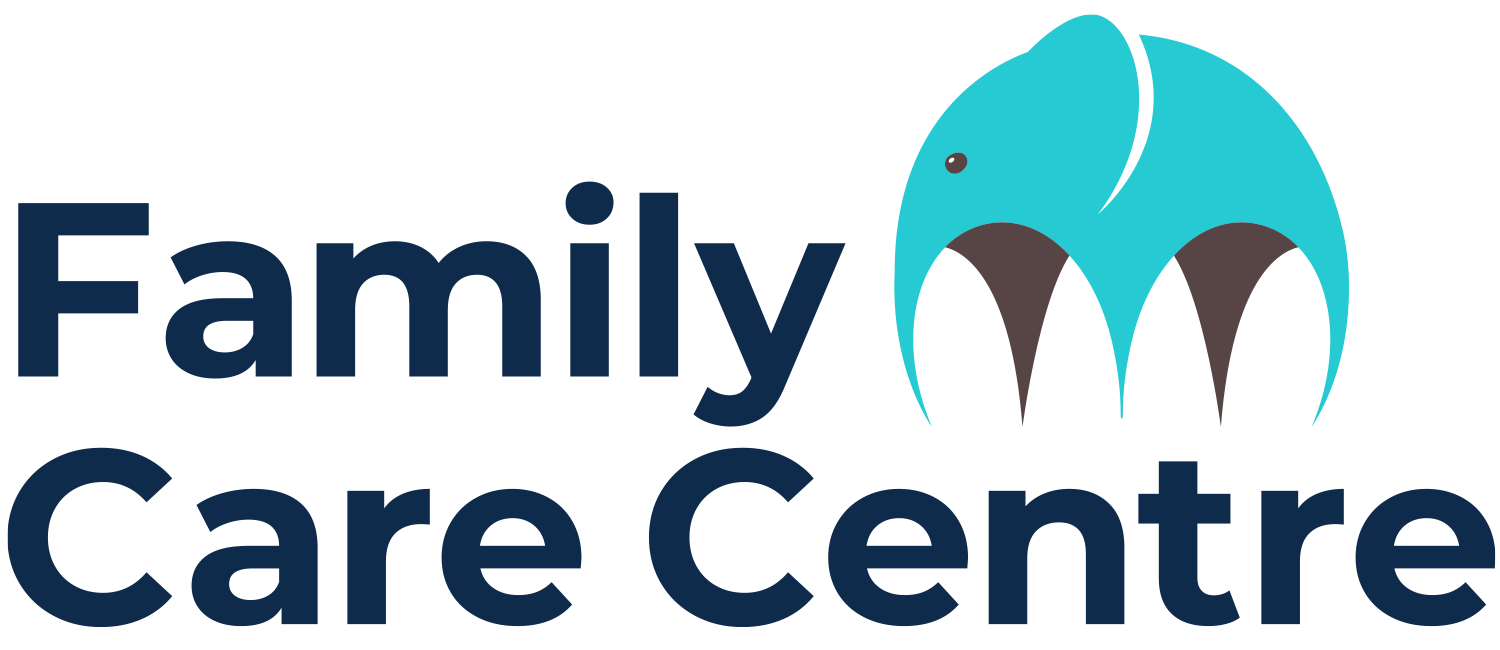How can I prepare for incidents of AFCCA?
When the child or young person in your life is behaving aggressively towards you and/or others in the home, everyone is at risk of physical and/or psychological harm. When things are calm, it may be valuable to think through how to prepare for the next incident that might occur.
Some strategies to help you prepare
- Practice managing stress. Learn about your own stress response and plan strategies that you can use to help you remain as calm as possible in the moment. This can help to support co-regulation, which we discussed above.
- Build up your support network. It’s important to engage with extended family members, friends, neighbours, and members of different community groups to which you might be connected, etc. in conversations about AFCCA. Let them know (to the extent that you’re comfortable) what’s going on and how you might call on them in a time of need. Be sure to include your child or young person in these discussions so that your support network is comprised of people that everyone is comfortable with.
- Create a “code word.” Work with siblings or other family members to establish a “code word” that can be used when they’re feeling unsafe.
- Show unconditional love and care for your child or youth. “Relational gestures” are small, spontaneous acts that focus on positive elements of your relationship with your child or young person. Since children and youth who display AFCCA behaviour tend to have negative perceptions of themselves and their families, these behaviours can help strengthen the connection with your child or youth and shift their perception to a more positive one.
Develop a Family Safety Plan
A Family Safety Plan works to keep everyone in your home environment safe. Developing this plan when things are calm helps you think through how you might prepare in a crisis situation. It can help you to consider ways of coping in the moment, warning signs, ways to make the environment safe, thinking through responses to various situations, etc., and can be put into effect if your child or teen becomes verbally or physically aggressive to people in the home and/or pets; shows self-harm or threatens suicide, leaves the house abruptly when angry, or has issues with fire or the destruction of property. A sample safety plan can be developed with your child or teen, other family members, and support people (doctor, mental health professional).
